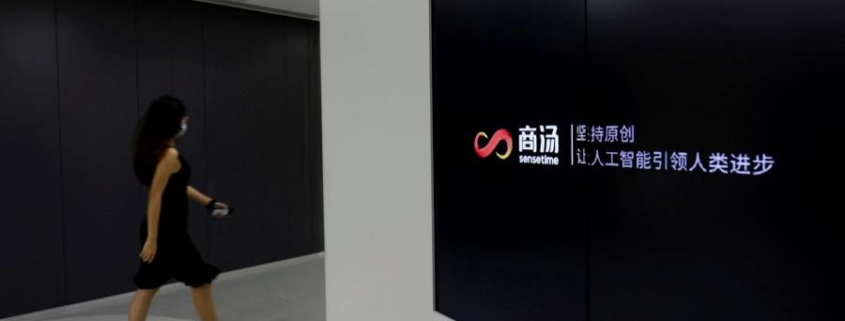SenseTime heads for IPO on Hong Kong exchange
Artificial intelligence updates
Sign up to myFT Daily Digest to be the first to know about Artificial intelligence news.
The Chinese artificial intelligence start-up SenseTime is going public in Hong Kong, even as mainland peers pull their stock market listing plans in response to Beijing’s widening crackdown on the technology sector.
The company, whose backers include SoftBank, Alibaba, Tiger Global and Silver Lake, filed documents for an initial public offering on the Hong Kong exchange late on Friday. SenseTime did not indicate how much money it intended to raise but it is one of the world’s most valuable AI start-ups.
SenseTime last raised funds at a valuation of more than $8bn last year, said two people familiar with the matter, but its valuation is now closer to $12bn, one of the people said.
Despite being blacklisted by Donald Trump’s administration in 2019, SenseTime’s business has grown significantly in the past few years. It is one of the key companies in China’s burgeoning AI industry, a critical facet of President Xi Jinping’s “Made in China 2025” blueprint.
In the filing, the company said its 2020 revenue rose 14 per cent to Rmb3.4bn ($525m), while revenues for the first half of 2021 grew 92 per cent on the same period last year to Rmb1.6bn. Operating losses grew 13 per cent to Rmb1.8bn in 2020, and losses for the first six months of this year totalled Rmb2.1bn.
SenseTime’s move comes as China’s regulators have cracked down on the technology sector this year, an assault that has targeted consumer tech including ecommerce, food delivery, lending and gaming companies.
Cloud Village, China’s second-largest music streaming service, this month scrapped a $1bn IPO in Hong Kong over concerns about the growing regulatory crackdown.
However, AI, as well as the biotechnology and semiconductor industries, has received huge support from Beijing. China’s leader regards companies in this sector as crucial to cutting reliance on US technology and solidifying the nation’s reputation as a tech hub within its own right.
SenseTime is known for its computer vision technology, which allows machines to analyse visual data. Its facial…



